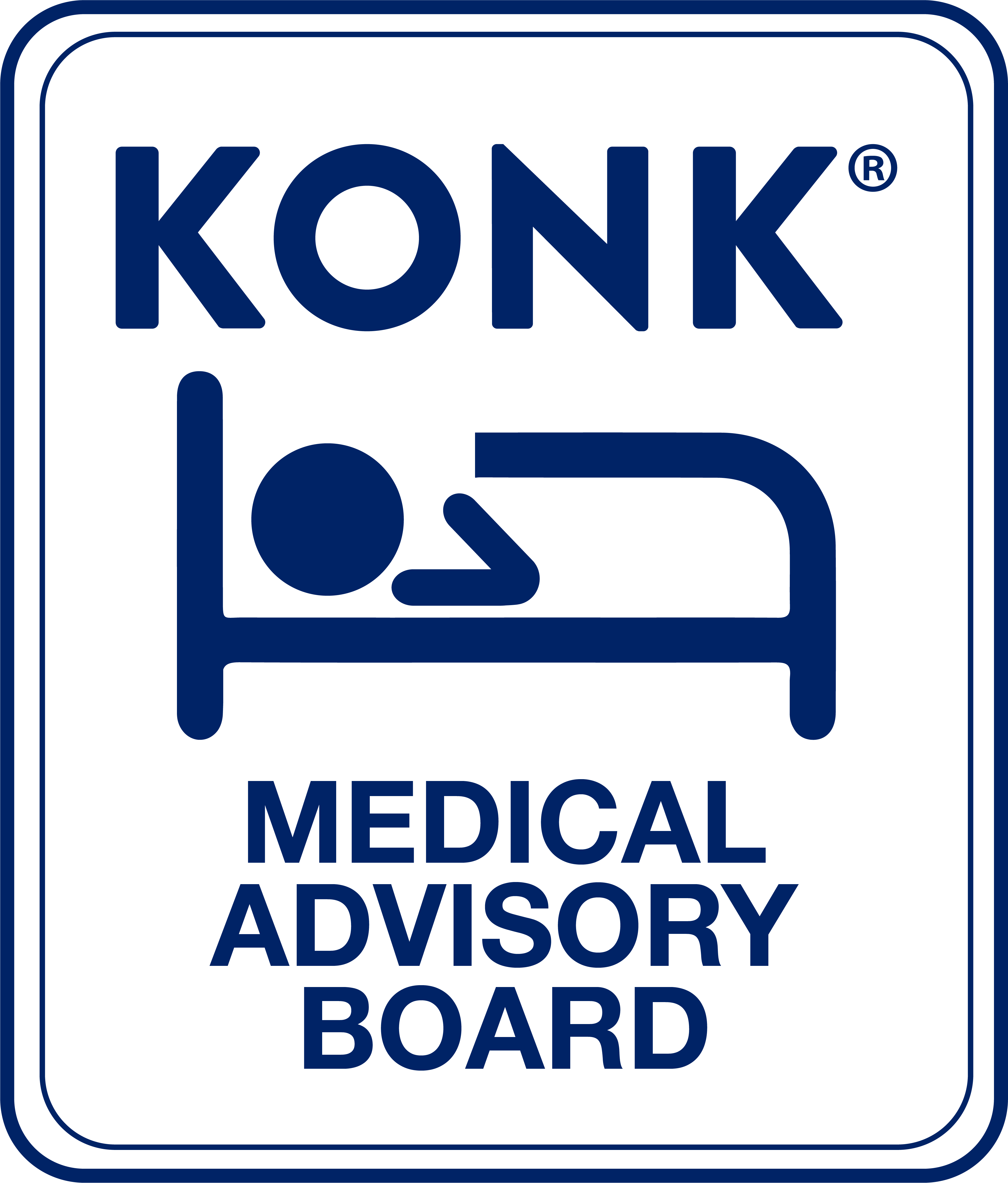Whether you are a specialist or a general practitioner, there is a good chance that the medical problems you treat are themselves useful screening criteria for seemingly unrelated disease conditions that require prompt attention. Perhaps no aspect of clinical medicine correlates with this axiom greater than sleep disorders: the health issues that non-sleep specialists treat are often strong positive indicators of Obstructive Sleep Apnea (OSA) – a condition whose long term impact and associated morbidity is often more serious than the complaint for which the patient arrives. As a result, if we keep our eyes open for conditions associated with sleep disorders, we all have the opportunity to help our patients not just once, but twice.
Consider the high rates of erectile dysfunction and kidney stones found in patients with OSA: A thoughtful urologist who has referral access to a user-friendly sleep service has the opportunity to relieve tremendous suffering in the patients with these diseases – but could also save the life of an undetected sleep apnea patient whose very presence in the urologist’s office may be a sign of the increased mortality risk from heart attacks, stroke and car accidents that arise from OSA. Though sleep apnea is not generally considered the purview of a urologist, there is no reason it could not be – especially if that urologist has the option of referring the patient to a web-based virtual platform that gets the patient treated in days, and almost immediately reduces the risk of potentially fatal disease.
The same goes for a psychiatrist who sees a male over 40 with new onset depression; a gynecologist who sees a fatigued woman in menopause; or a cardiologist who treats atrial fibrillation: They can each help the patients for the issues that bring them to the office, but they could help them again – and just as meaningfully – with a simple referral to an accessible consultation for sleep apnea, which is associated with each of these conditions.
With that in mind, what follows is a list of issues customized for a clinical urologist, each of which should prompt the expedient evaluation of the patient for OSA.
Kidney Stones. Based on NHANES data (National Health and Nutrition Examination Survey) collected between 2015 and 2018, OSA is causally linked to the development of kidney stones. The presence of OSA increases the relative risk of stone formation by approximately 30%, and the management of OSA can mitigate the occurrence of kidney stones.
Erectile Dysfunction. Penile erections are, of course, a vascular event, and OSA causes endothelial dysfunction and decreased oxygenation. Between 50-60% of men with OSA have ED, and positive airway pressure therapy has been demonstrated to improve male sexual function.
Nocturia. Don’t blame it on the prostate alone: the increased intrathoracic pressure associated with apneic events increases release of Atrial Natriuretic Peptide (ANP), promoting diuresis and increased awakenings. As many as 70% of OSA patients, females included, experience nocturia, and positive airway pressure therapy (PAP) significantly reduces these episodes.
Benign Prostatic Hyperplasia (BPH). Whether or not OSA causes BPH is a matter of debate, but it is clearly established that the presence of OSA exacerbates nocturia in BPH patients, as well as Lower Urinary Tract Symptoms (LUTS) such as weak stream and frequency.
Infertility and Poor Sperm Quality. The presence of OSA in a man reduces testosterone levels and impairs semen quality. Male fertility has declined over the last four decades, with approximately half of cases remaining unexplained. Sleep disturbance is an independent causative factor of male infertility, and OSA should be investigated in men who present to fertility clinics. Sleep protocols that take several months to complete will not be viewed favorably by couples who struggle with fertility problems.
All doctors, particularly specialists, should be cognizant of our tendency to see clinical presentations through the prism of our specialty training. Sleep is such an important pillar of health that all of us should consider its disturbance as a possible “upstream” cause of the medical problems we routinely and expertly handle.
If any of these clinical conditions are commonly present in your practice, it’s worth considering the possibility of Obstructive Sleep Apnea (OSA) as their cause. Untreated OSA can have serious health implications, but the good news is that effective treatments are available. Refer your patients to Konk Sleep to explore their options and take the first step toward better sleep and improved health, all without leaving their homes.

